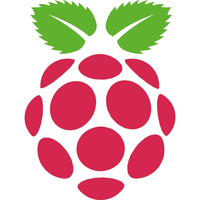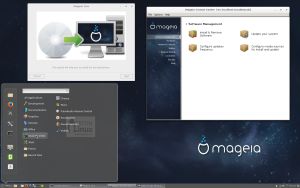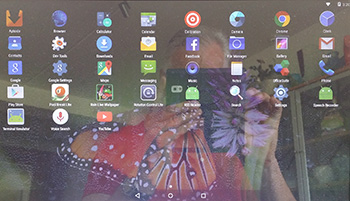 Exton|OS build 150719 is based on Ubuntu 15.04 64 bit (released April 23, 2015) and Debian Jessie (Debian 8). Exton|OS’s ISO file is a ISO-hybrid, which means that it can very easily be transferred (copied) to a USB pen drive. You can then even run Exton|OS from the USB stick and save all your system changes on the stick. I.e. you will enjoy persistence! I’ve found two scripts which make the installation to USB very simple. The scripts are quite ingenious. My tests show that they work flawlessly on USB installations of all normal Ubuntu systems. Read my INSTRUCTION how to use the scripts.
Exton|OS build 150719 is based on Ubuntu 15.04 64 bit (released April 23, 2015) and Debian Jessie (Debian 8). Exton|OS’s ISO file is a ISO-hybrid, which means that it can very easily be transferred (copied) to a USB pen drive. You can then even run Exton|OS from the USB stick and save all your system changes on the stick. I.e. you will enjoy persistence! I’ve found two scripts which make the installation to USB very simple. The scripts are quite ingenious. My tests show that they work flawlessly on USB installations of all normal Ubuntu systems. Read my INSTRUCTION how to use the scripts.
NEWS 150719
A new and much better version of Exton|OS is ready. I have replaced kernel 3.19.0-14-exton with kernel 4.0.0-4-exton – Kernel.org‘s kernel 4.0.7. With kernel 4.0 there is no real need to use Nvidia proprietary graphic drivers since this kernel has better support for the open-source Nvidia driver Nouveau than any other older kernel. The Mate Desktop is upgraded to version 1.8.2. I have also replaced Ubuntu’s installation program Ubiquity with Exton|OS Installer, which is a clone of Debian Live Installer. The installation to hard drive is now so simple that a 10 year old child can do it. Watch a SLIDESHOW of the hard drive installation process.






